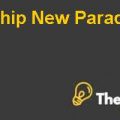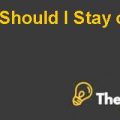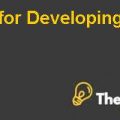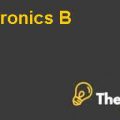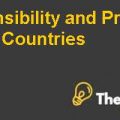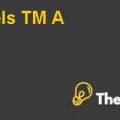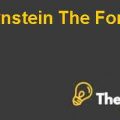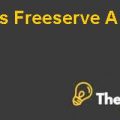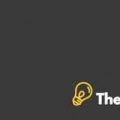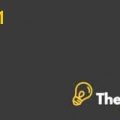
Introduction
Individual freedom
Individual freedom is basically a moral stance, ideology, political philosophy or the social position that looks to emphasize on the moral worth and credibility of an individual. In an individualized approach, an individual look to promote the overall exercise of one’s goal and also the desire and the value of self-reliance and the independence. It also looks to advocate the overall interest of an individual where he looks to achieve personal intrinsic goals over the social group or a state. It also looks to oppose the external interference where the interest of the society or the institution and also the government (Albrecht, 2012).
Along with this, individual freedom makes the individual focus upon the fundamental approach and the premise where the human individual is basically of primary importance in the overall struggle towards the elements of liberalization. It can be said that individualism looks to involve the right of the individual to the self-realization and the freedom.
In the 21st century, with respect to business and organizations, the definition of individual freedom has been transformed and changed to the extent where individuals basically look to cater their individuals’ needs and wants. This cannot be any mean considered as a biased and inappropriate approach. The reason is simple, if an employee is given control in the organization as to how he actually wants to perform his task, his duties, his job he might end up benefitting the organization in the longer run Albrecht, 2012).
The reason is simple;every individual has some personal objectives and goals which an individual tries to achieve with the passage of time. He aims to reach a specific point in his career by actually working for a firm and has certain ideas about how to reach the top. However, it is important to note that sometimes undue freedom provided by the organizations tend to backfire the firm also.
For instance, many employees or individuals do not have the level of commitment and dedication that firms basically require from an individual. In such a situation, giving freedom to the employees is a costly method of entrusting them because if the dedication is questionable and the approach of the individuals is shady and shaky it can eventually hamper the success and growth of the firm.
Therefore, it can be said that individuals freedom is a sensitive issue which has to be dealt in right manner and method so that the balance shall be created by the organizations which can ensure whether they are on the right path and direction or not.
Organizational control
Control has various definitions; it has been defined in different ways and different manners. In the definition of control, the words such as influence, power and authority are some of the common features in the control. Specifically discussing control with respect to organizations, the word control has been derived from a French word which means to check. However, with the passage of time, in the recent past, the word control has become a notion for power, authority and influence (Robert N 1970).
Organizational control is a term where the management, the company and its decision makers basically decide the future directions of the company, its short term goals, the strategic or the long term goals, the decision making authority and the powers are all within the hold of the management. Organizational control is the best practice for a firm and the ideal situation which a firm actually wants to develop within a firm. When the decision making, authority and control is with the management than the organizations make the decisions as per the interest of the firm.
In the past decade or so, the definition to this concept has changed and revamped, the reason is simple, and many organizations in modern era look to pass on the authority and control over to the subordinates and the employees of the firm. This has been a common practice within firms where they look to develop a structure which encourages the employees to make decisions rather than the firm or the management controlling them over all the decision.
However, it is necessary for the firms to decide the balance between organizational control and individual freedom. If a balance is created it generally not only helps the firm, but it also helps the employees who are directly related to the decision making roles in the company. The organizations have to actually stand up and command the overall objective where they need to trust the individual freedom and organizational control in a manner which shall help both the firm and the individualistic and grow with the company. ..................
This is just a sample partial case solution. Please place the order on the website to order your own originally done case solution.

